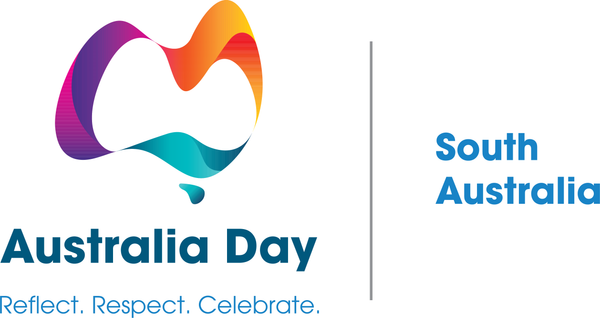Posted on December 02 2020

ADCSA is honoured to feature the following from Australia Day Ambassador Vikram Madan OAM VSM (pictured) -
"In the ancient Sanskrit language, there is an expression “Vasudhaiva Kutumbakam” meaning the entire world is one big family. This expression also spreads a message of inter-connection and inter-dependence of human societies. An oft-repeated phrase during the COVID-19 pandemic has been “we are all in this together.” Yes, we are all in this together and there is probably not a country or a society which has been spared the devastating consequences of this deadly virus, but some segments of the population have been more severely impacted than others. Australia is a fortunate country where with the relentless effort of our Government and extraordinary grit, resilience and discipline of the people, we have somewhat managed to suppress the virus, resume economic activity and go about our lives in a near normal manner. At the same time, new migrants, who do not yet have permanent residency, and international students have borne the brunt of this pandemic more than others over the last eight months. This cohort in almost all migrant communities work extremely hard, sometimes taking on two or more casual jobs to earn sufficient money to survive. Yet these people have kept their dreams alive for a brighter future in their new country. The Indian community is no different, and it is this segment of our community which needed more support during these challenging and uncertain times. Unfortunately, they are not eligible for Government initiatives such as the ‘Job Seeker’ or ‘Job Keeper’ grants and have no Medicare cover. They rely on private health insurances, an arrangement which is very expensive and far from satisfactory.
There is an interesting article published on the Lowy Institute’s website, by Dr Danielle Fitzpatrick, a recent Rhodes scholar. Although the article focusses on a COVID-19 vaccine strategy, it also highlights the plight of migrants. Specifically, she writes “this disease unashamedly discriminates along lines of socioeconomic class, race and comorbidity. Data from the US, where the virus has run an aggressive and widely disseminated course has revealed higher incidence rates of COVID-19 among racial and ethnic groups and individuals from lower socioeconomic background.” This highlights not only the fact that ethnic minorities and socioeconomically underprivileged people are more vulnerable to the virus but also that the overall impact on their lives has been enormous.
The Indian community here in South Australia is estimated to be around 40 000. Temporary visa holders and students number around 15 000. Undoubtedly these people were hit hard and continue to struggle but the silver lining has been the community spirit that came to the fore. This spirit prompted regional and religious organisations to support these vulnerable people in so many different ways. India is a very diverse country, and the many States and regions have different written and spoken languages, customs and traditions, food habits and festivals. So even here in South Australia we have many regional and religious organisations. But one common thread that binds us together is the desire to support not only the people from their own region but the broader community. Every organisation has done their best to support these new migrants and students, but a few initiatives stand out. The peak body for Indians in Adelaide, the Indian Australian Association of South Australia (IAASA) distributed hundreds of free grocery vouchers sponsored by the Indian Grocery Stores. The BAPS Swaminarayan Temple in Greenfields prepared and served over 25 000 hot vegetarian meals in the last 8 months. They have distributed 1800 essential care packages and donated over 2000 kgs of fresh supplies to people in need. Another organisation that has done commendable work is the Vishwa Hindu Parishad (VHP), SA Chapter whose volunteers went out of their way to distribute free groceries and fresh supplies to hundreds of students and new migrants. Their youth arm called Hindu Youth Australia (HYA) also runs a 24/7 Helpline to support the community in the areas of mental health, domestic violence, job opportunities and financial and material help. This helpline is aimed at providing free, professional, unbiased, non-judgemental and fully confidential counselling and enquiry service. The Sikh Society of South Australia and three Sikh Gurudwaras (Temples) at Glen Osmond, Allenby Garden and Prospect extended their Sunday Langar (Free Food) to other days as well to support with the motto “love all and share all.”
The Indian Community here also has a very large proportion of healthcare professionals who rendered amazing service to the South Australian community at large during the crises. Their work needs a special mention because they did so with extreme diligence and devotion, and beyond the call of normal duty. There are many doctors, both GPs and Specialists, who offered free consultations and treatment to many of these new migrants and students.
We in the community are aware of the great work done by many others, but it is not possible to mention all of these efforts in this short article. They have all done incredible work and the community is highly appreciative of their efforts."

0 comments